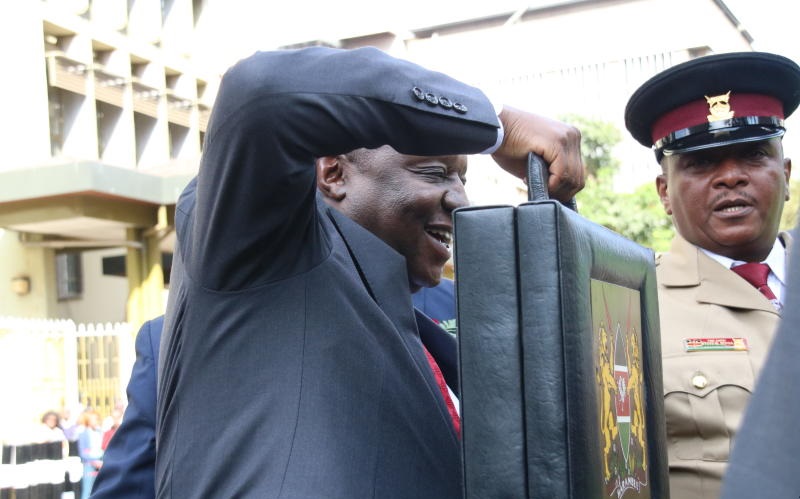×
The Standard e-Paper
Kenya’s Boldest Voice

The National Treasury is on the spot for borrowing Sh75 billion without the National Assembly’s approval, adding to the country’s spiralling debt burden.
According to its latest published financials published last Friday, Treasury had as of last month borrowed Sh362.6 billion from international lenders when Parliament had only approved Sh287.9 billion.